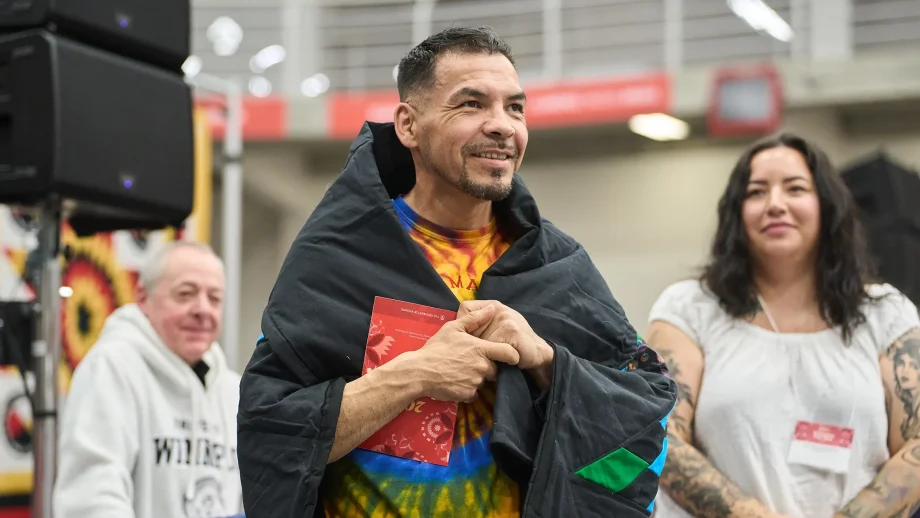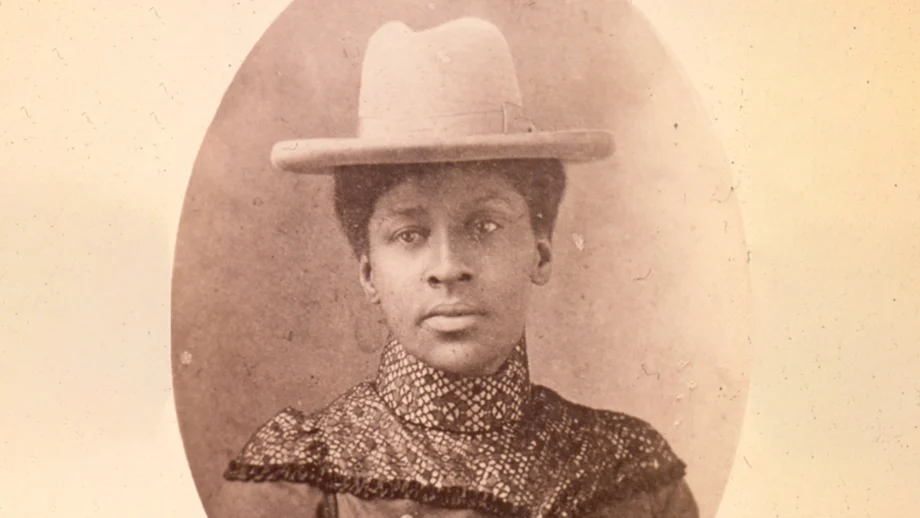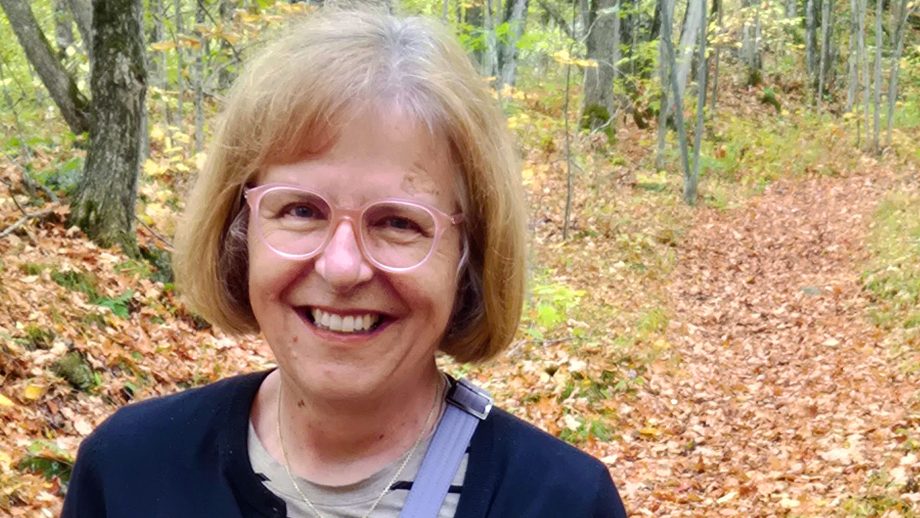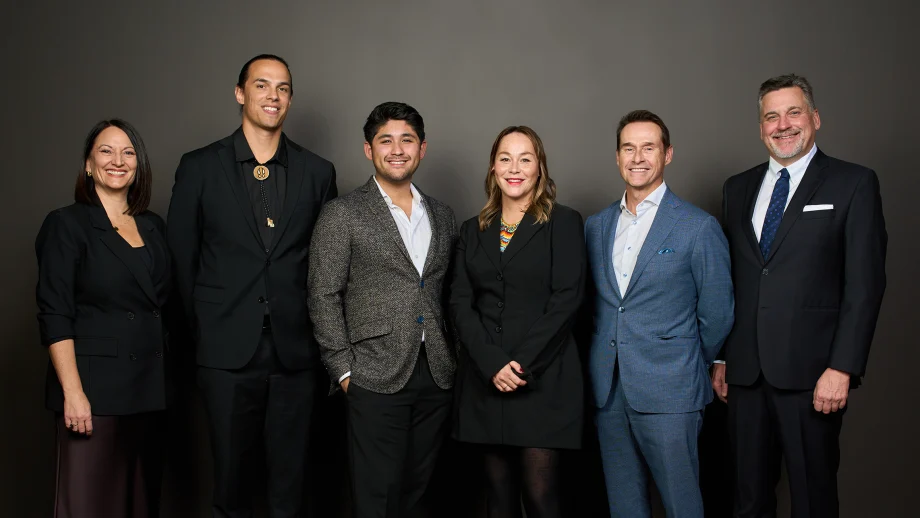
Students – photo by Cory Aronec
By Dr. Annette Trimbee, President and Vice-Chancellor, University of Winnipeg.
Published — Winnipeg Free Press December 14, 2016
In commenting on post-secondary education (Education Minister wants to shake up post-secondary funding, WFP, Dec. 7), Education Minister Ian Wishart said the province needs to balance universities’ and colleges’ revenue needs with accessibility.
There is an important distinction, though, between affordability, which is about the price of education (tuition, books and living costs), and accessibility, which is about enabling students to attend who may not otherwise have the opportunity.
The University of Winnipeg is aligned with the Manitoba government’s objective of providing high-quality post-secondary education with a strong emphasis on accessibility, especially for non-traditional students — including adult learners, war-affected youth, First Nations, Métis and Inuit students and new immigrants. Our mission is all about growing leaders.
We are one of the top universities in the country for indigenous participation, with 12 per cent of our incoming student body consisting of First Nations, Métis, and Inuit students. A further 25 per cent of students self-identify as visible minorities. We consider this diversity our biggest strength.
UWinnipeg has a unique place in Manitoba’s post-secondary landscape. We are a dynamic downtown hub and a significant player in helping to revitalize the inner city. Our faculty and students are engaged in real-world research to help address our most pressing problems — from adapting to climate change on the prairies, to tackling urban homelessness, to preventing diabetes among inner-city youth.
We have a deep commitment to the surrounding community. We work directly with children, youth, families and inner-city schools with one goal: to create a love of learning and a university-bound identity for everyone. We offer neighbourhood homework clubs, math camps, science classes, free computer access, a powwow group and recreation programs, all of which are paid for through partnerships with the private sector and assertive fundraising. This annual investment gives back tenfold. It tells each individual — the child from Syria, the adult learner from Norway House — that they belong. Their dreams matter.
Historically, UWinnipeg has had to rely more on tuition from students relative to the amount we receive from the province. This ongoing funding gap is well known and understood by the provincial government and there are clear, objective data and analysis on this front. We feel the new provincial government is listening, and we are encouraged that access to education for everyone is a shared value. We will continue to work to correct the funding imbalance.
On providing value for citizens, UWinnipeg is one of the most efficient universities in the country. UWinnipeg provides more than a quarter-billion dollars in direct and indirect economic impact to the economy on an annual basis. More than 80 per cent of people who graduate from a university in Manitoba stay here. University graduates fuel the economy: they make up about 25 per cent of the population, yet they contribute more than 40 per cent of the tax base in Manitoba and Canada. Our graduates are teachers, entrepreneurs, biologists, artists, innovators. They take on leadership roles in every aspect of community life.
The University of Winnipeg is an important contributor to Manitoba’s future precisely because we nurture the widest possible pool of talented students.




